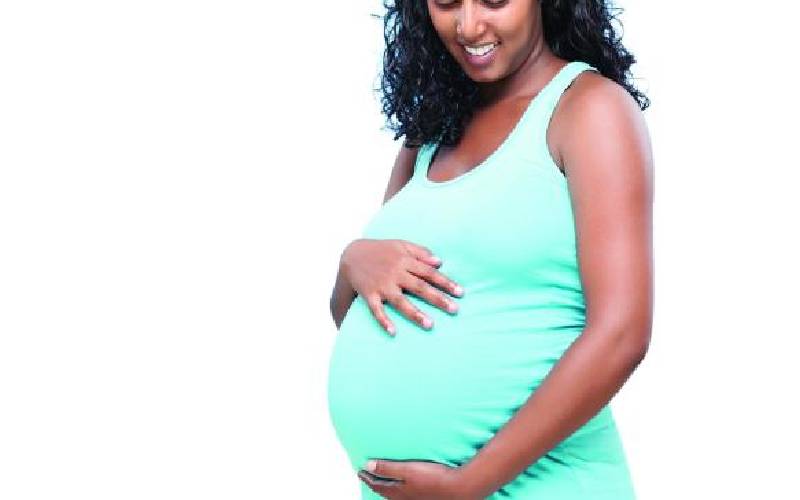×
The Standard e-Paper
Smart Minds Choose Us

Among most Kenyan communities, pregnant women were accorded special care, given only certain foods and barred from certain activities, which were deemed incongruent to their condition.
Since there were no nannies or house helps in most traditional societies, the Kamba abrogated the role to the mother-in-law who, alongside other family members, carried out the domestic chores.